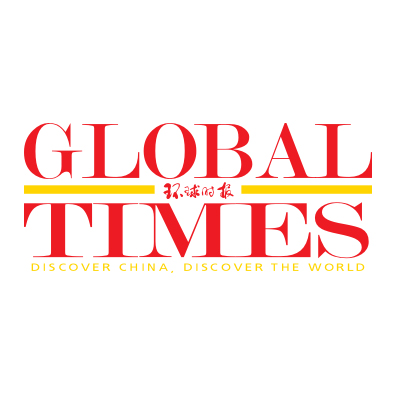ON August 7, an Italian academic published an op-ed article in the English edition of Beijing-run Global Times focusing on Italy's possible decision not to renew its Belt and Road deal with China. As an Italian, the writer sincerely hoped to speak some heartfelt words from the perspective of Italy's national interest. However, he is also well aware of the risks he may face in speaking the truth about the "Belt and Road" cooperation in the current Western public opinion atmosphere, so he demanded to express his ideas, which is clearly different from those of certain Italian elite, under a pseudonym.
Whether it is in Chinese media or Western media, publishing articles under a pseudonym or using anonymous sources for news reporting is considered a common practice within the industry. Reuters, in its "Standards & Values," states that it "will use unnamed sources where necessary when they provide information of market or public interest that is not available on the record." The New York Times also explains in an article entitled "Why does The New York Times use anonymous sources?" that "we recognize that the use of anonymous sources is sometimes crucial to our journalistic mission... Sources sometimes risk their careers, their freedom and even their lives by talking to us."
Continue reading with one of these options:
Ad-free access
P 80 per month
(billed annually at P 960)
- Unlimited ad-free access to website articles
- Limited offer: Subscribe today and get digital edition access for free (accessible with up to 3 devices)


